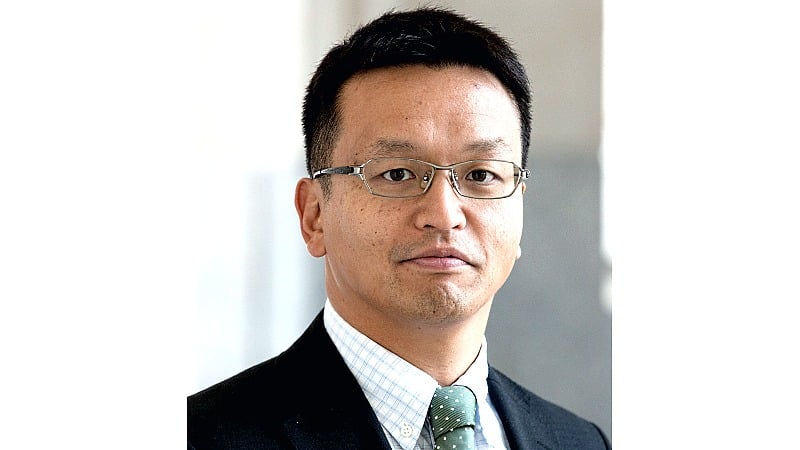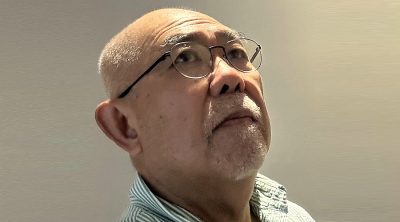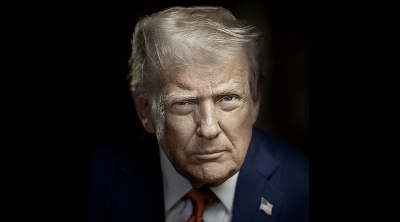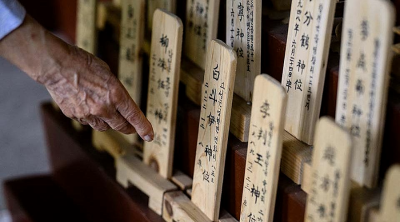
Since late February 2025, North Korea has criticized the second Trump administration.
The head of the Public Relations Office of the North Korean Ministry of National Defense issued a statement saying, “[North Korea] will counter the strategic threat of enemies with strategic means.”
After Trump was reelected, North Korean media avoided mentioning his name, even when criticizing the United States.
In this statement, the target of the criticism was the “Trump administration” or “Yankee,” and personal attacks on Trump were avoided.
However, since March 25, North Korea has once again stopped criticizing the Trump administration.
It’s impossible to know if the United States and North Korea are communicating behind the scenes. What is certain is that North Korea has certain expectations of Trump.
Nevertheless, North Korea is unwilling to take the initiative and request the resumption of US-North Korea negotiations.
Although President of the State Affairs Commission Kim Jong Un made efforts toward “denuclearization,” the first Trump administration did not respond.
Consequently, North Korea maintains its stance that it will never engage in negotiations like those in 2018 and 2019 again.
North Korea believes that the next round of negotiations will require concessions from the United States.
In a statement issued by a North Korean Foreign Ministry spokesperson and addressed to the US, it was stated that “anachronistic and futile attempt to challenge its sovereignty will entail self-destructive results.”
The spokesperson argued that the denuclearization of North Korea is an “old and absurd plan” that is now even more “impossible and unrealistic, both practically and conceptually.”
The pursuit of denuclearization by the United States, Japan, and South Korea is reminiscent of a time when Kim Jong Un himself spoke of “denuclearization,” using expressions such as, “It’s as if ignorant primitive people are begging modern people to return to primitive society.”
It is still difficult to gauge how serious Kim Jong Un was about denuclearization when the North Korea–United States summit took place.
It would have been foolish for Kim Jong Un to come to the negotiations with no intention of giving up any nuclear missiles. However, given his country’s security situation, it was difficult to imagine Kim Jong Un simply accepting the US demand for CVID (complete, verifiable, irreversible denuclearization).
However, the situation is completely different from when Kim Jong Un spoke of his intention to denuclearize to when he now repeatedly states that he will never denuclearize.
North Korea is wary of changes in policy toward it every time there is a change in the US administration.
Even if a major agreement is reached with the Trump administration, subsequent administrations could negate it.
In that case, North Korea must consider whether the United States will offer an “irreversible” concession. This would mean the normalization of diplomatic relations.
The normalization of US-North Korea diplomatic relations was traditionally considered an exit strategy following North Korea’s progress in denuclearization.
However, unless the United States makes a proposal that is deep enough to bring this to the entrance, the Kim Jong Un administration will find it difficult to enter into denuclearization negotiations.
North Korea is in the midst of a war boom due to its honeymoon with the Putin administration, and partial lifting of economic sanctions such as that presented at the North Korea–United States summit in Hanoi will not be attractive to North Korea negotiations with the US.
Meanwhile, from the perspective of the United States, even if the US does not abandon the ultimate goal post of “denuclearization,” the idea is that it will continue to negotiate denuclearization after normalizing diplomatic relations with North Korea.
In Washington, there has long been a growing argument that CVID is unrealistic, and there is a recognition that concessions are “unavoidable” to make progress on the North Korea issue.
The prospect of normalizing relations between the United States and North Korea evokes memories of the sudden US-China rapprochement in the early 1970s, known as the “Nixon Shock.”
This development took Japan by surprise, but Kakuei Tanaka—who later became prime minister—achieved normalization of Japan-China relations.
If Trump were to make a concrete proposal to North Korea about normalizing diplomatic relations, it would be a nightmare for both Japan and South Korea.
Japan-North Korea relations have been in a long stalemate, and North Korea has dismissed South Korea as its “principal enemy.”
The current leaders of Japan and South Korea cannot effectively advise Trump.
What Japan and South Korea can do is to obtain reliable information about the Trump administration’s policy toward North Korea and re-establish their strategies for how they will renegotiate with North Korea.
Currently, Trump has only made sporadic and vague statements about the North Korea issue.
He appears to be less interested in North Korea than in the Russia-Ukraine war or the situation in the Middle East.
However, given the history of Trump’s vehement condemnation of former President Obama’s legacy of normalizing diplomatic relations with Cuba, it may become a realistic possibility that Trump will regain interest in North Korea and offer Pyongyang drastic concessions if he fails to achieve results on other diplomatic issues.
(Atsuhito Isozaki is Professor at Keio University, Japan.)
ADVERTISEMENT
ADVERTISEMENT








































